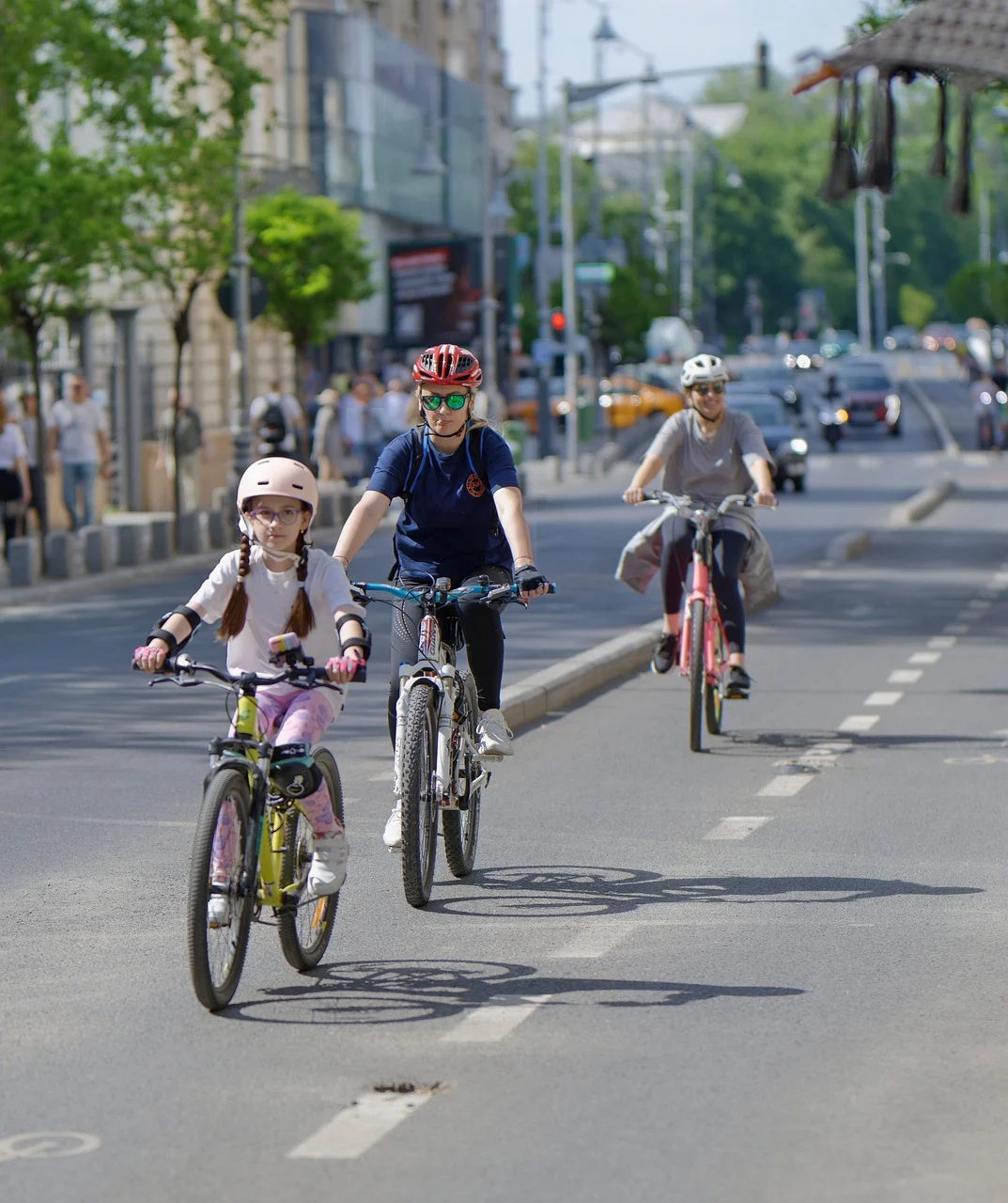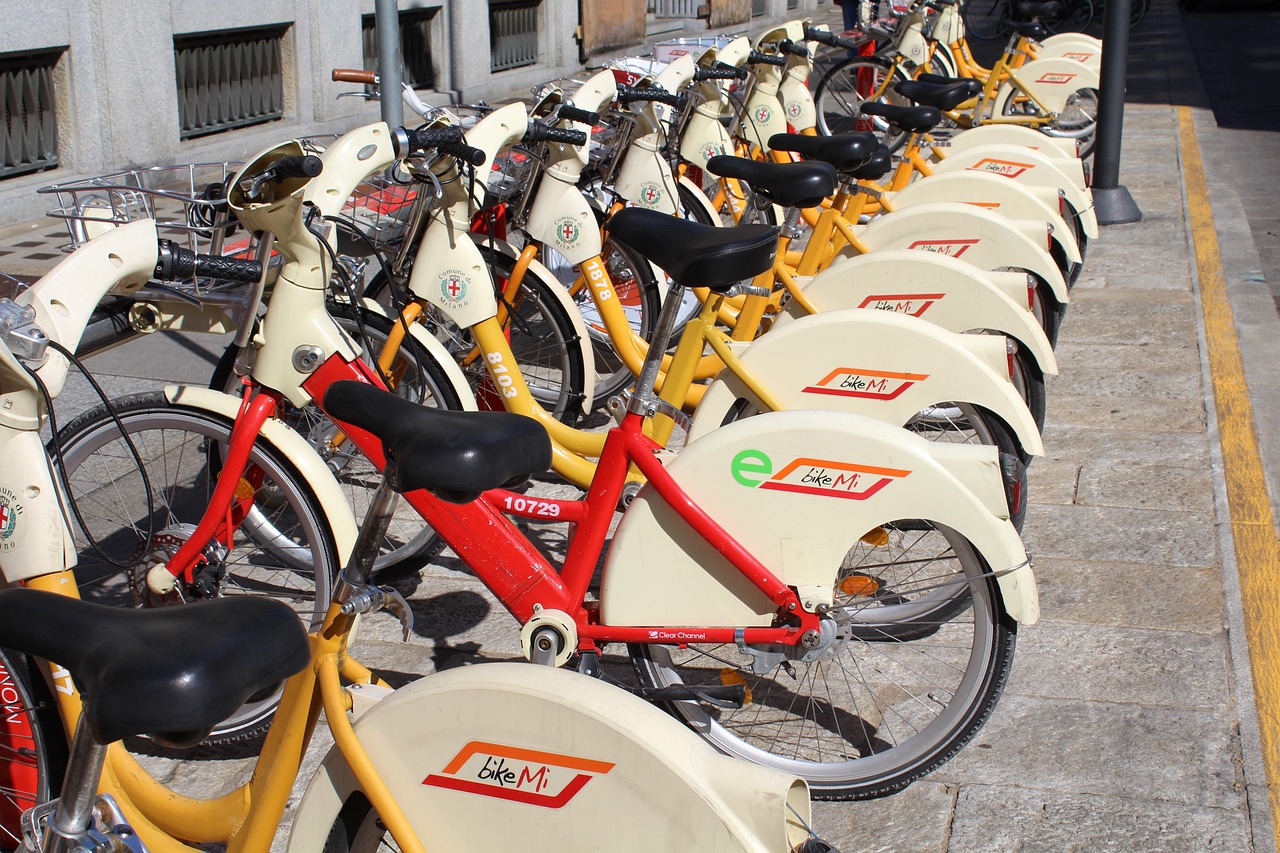Teaching Children About Sustainable Travel: Raising Responsible Travelers
Sustainable travel insights and guidance
Teaching children about sustainable travel is one of the most important investments we can make in the future of our planet. By instilling environmental values and responsible travel practices in young travelers, we can create a generation that values and protects the natural world.
🌍 Why Teaching Children About Sustainable Travel Matters
Children are the future stewards of our planet, and teaching them about sustainable travel helps them understand the importance of environmental protection, cultural respect, and responsible tourism. These lessons will guide their travel choices throughout their lives.
 Sustainable Transport
Sustainable Transport📚 Educational Resources for Teaching Sustainable Travel
- Books: Age-appropriate books about environmental protection and cultural diversity
- Documentaries: Educational films about nature, conservation, and different cultures
- Games: Interactive games that teach environmental concepts and cultural awareness
- Apps: Educational apps about wildlife, conservation, and sustainable living
- Museums: Natural history museums, science centers, and cultural institutions
At this age, children learn best through play, exploration, and simple explanations. Focus on basic environmental concepts and respect for nature.
🌿 Age-Appropriate Activities:
- Nature walks and outdoor exploration
- Simple recycling and waste reduction
- Respect for wildlife and plants
- Basic cultural awareness and respect
- Water conservation and protection
- Simple environmental games
- Storytelling about nature and animals
At this age, children can understand more complex concepts and begin to make connections between their actions and environmental impact.
🌿 Age-Appropriate Activities:
- Environmental science experiments
- Wildlife observation and identification
- Cultural learning and respect
- Simple conservation projects
- Environmental art and crafts
- Community service activities
- Environmental storytelling and reading
At this age, children can understand complex environmental issues and begin to develop their own opinions and values.
🌿 Age-Appropriate Activities:
- Environmental research projects
- Conservation volunteer work
- Cultural exchange programs
- Environmental advocacy activities
- Sustainable living experiments
- Environmental problem-solving
- Community environmental projects
At this age, teenagers can take on leadership roles and become advocates for environmental protection and sustainable travel.
🌿 Age-Appropriate Activities:
- Environmental leadership programs
- Conservation research projects
- Environmental advocacy and activism
- Cultural exchange and understanding
- Sustainable travel planning
- Environmental education and teaching
- Community environmental leadership
Effective teaching strategies help children understand and internalize sustainable travel concepts while making learning engaging and meaningful.
🌿 Teaching Strategies:
- Lead by example in your own travel choices
- Use age-appropriate language and concepts
- Make learning fun and engaging
- Provide hands-on experiences
- Encourage questions and discussion
- Connect learning to real-world experiences
- Celebrate environmental achievements
Family trips provide excellent opportunities to teach children about sustainable travel through hands-on experiences and real-world applications.
🌿 Sustainable Travel Experiences:
- Choose eco-friendly accommodations
- Participate in conservation activities
- Support local communities and businesses
- Learn about local cultures and traditions
- Practice environmental protection
- Use sustainable transportation options
- Minimize waste and environmental impact
Building environmental values in children helps them develop a lifelong commitment to environmental protection and sustainable living.
🌿 Building Environmental Values:
- Teach respect for all living things
- Encourage environmental curiosity
- Model environmental responsibility
- Support environmental education
- Encourage environmental advocacy
- Celebrate environmental achievements
- Foster connection with nature
 Sustainable Transport
Sustainable Transport🌍 The Future of Sustainable Travel
Teaching children about sustainable travel is an investment in the future of our planet. By instilling environmental values and responsible travel practices in young travelers, we can create a generation that values and protects the natural world.
Key Principles:
- Age-Appropriate Learning: Tailor your teaching to the child's age and developmental stage
- Hands-On Experiences: Provide opportunities for children to learn through direct experience
- Positive Reinforcement: Focus on positive actions and celebrate environmental achievements
- Consistency: Be consistent in your environmental values and practices
- Patience: Be patient and supportive as children learn and develop their own values
Remember: Teaching children about sustainable travel is a journey, not a destination. Every small lesson contributes to a larger understanding of environmental protection and responsible tourism. Focus on progress over perfection, and celebrate the positive impact you're creating through your teaching efforts.